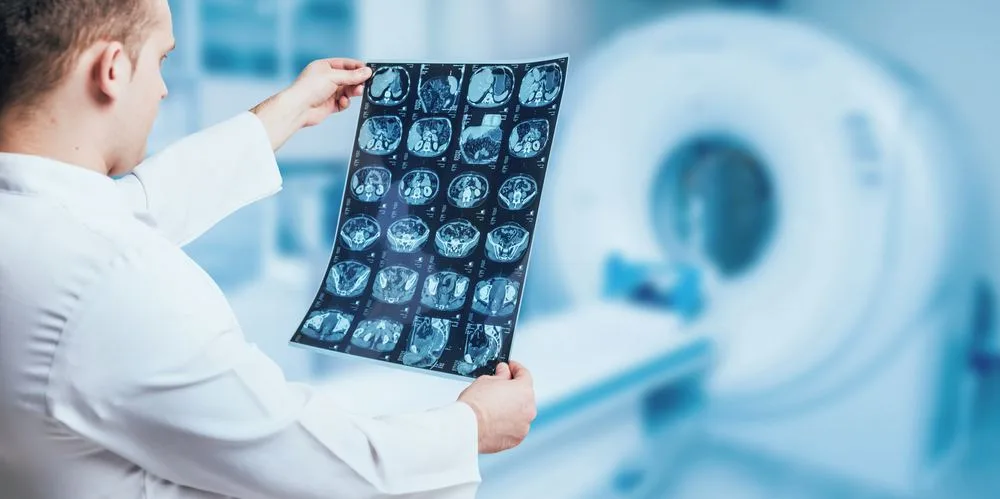The brains of children and teenagers are incredibly vulnerable. In fact, previous studies have shown that trauma can accelerate brain aging in children and adolescents. Two years since the first case was discovered, the entire world is still reeling from the COVID-19 pandemic. Emerging studies continue to show the impact the pandemic has had on our mental and physical health. A more recent study has delved into how COVID may have triggered aging in the brains of children and adolescents.
How Has COVID-19 Impacted Teen Health?
The effects of the COVID-19 pandemic were significantly felt by the younger and older population. While the elderly population had to deal with loneliness associated with isolation and being at an increased risk, the younger kids had to adjust to social isolation and the transition to remote learning. Coupled with the financial stress of the pandemic, and having to bury elderly loved ones, it’s no wonder that so many studies have revealed that the mental health of teens and children has suffered during the pandemic.
As countless studies have shown us, the pandemic did a number on the mental health of children and teenagers. Yet, how else did it affect their developing brains? Researchers from Stanford University set out to answer this question.
“We already know from global research that the pandemic has adversely affected mental health in youth, but we didn’t know what, if anything, it was doing physically to their brains,” – says Ian Gotlib, Stanford University psychology professor and first author of the study.
About the study
Initially, Gotlib and his team intended to formulate a study centered on depression and puberty in teens and children. As part of the study, the researchers took MRI scans of 163 participants.
Unfortunately, like many other things, the COVID-19 pandemic forced them to alter their research approach. So, the researchers decided to rather assess how COVID stress could be affecting the brains of their young participants.
Out of the 163 participants, the researchers were able to age- and sex-match 64 of the participants who were scanned peri-COVID with 64 pre-COVID participants. After comparing the MRI scans of 128 children, the researchers then used a model to calculate the average brain age.
COVID-19 Pandemic Rapidly Aged The Brains of Teens
A child’s brain goes through many changes, but external stressors can speed up these changes. The Stanford researchers found that the brain ages of the children who had lived through the first year of the pandemic were older than their chronological age.
“…You have this global event that’s happening, where everyone is experiencing some kind of adversity in the form of disruption to their daily routines – so it might be the case that the brains of kids who are 16 or 17 today are not comparable to those of their counterparts just a few years ago.” – Jonas Miller, study co-author and assistant professor of psychological sciences at the University of Connecticut.
That said, Gotlib admits that it isn’t clear if the changes are permanent. In fact, these changes could have just been an immediate response that will normalize over time.
What of the next generation’s brains?
“For a 70- or 80-year-old, you’d expect some cognitive and memory problems based on changes in the brain, but what does it mean for a 16-year-old if their brains are aging prematurely?”
Gotlib believes these findings have implications for future studies, especially those that plan to involve children. For these types of studies, the researchers will have to account for their accelerated brain development.

Photo by Robert Collins on Unsplash
Gotlib and his team also plan on examining following up with the study participants up to early adulthood. They hope to better discern the long-term impacts of the pandemic. They also hope to see if children who have tested positive for COVID-19 are experiencing the same fate.
Takeaway
While more studies are still needed to account for the advanced brain age findings, Gotlib wants to remind parents and caregivers that the mental health consequences of the COVID-19 pandemic and subsequent lockdown protocols may be lingering.
As such, parents and caregivers should ensure that their children are getting the necessary care they need should their mental health begin to falter.
MAIN IMAGE CREDIT: fizkes/shutterstock
References
Gotlib, Ian H. et al. (2022). Effects of the COVID-19 Pandemic on Mental Health and Brain Maturation in Adolescents: Implications for Analyzing Longitudinal Data Biological Psychiatry: Global Open Science, Volume 0, Issue 0






![women [longevity live]](https://longevitylive.com/wp-content/uploads/2020/01/photo-of-women-walking-down-the-street-1116984-100x100.jpg)









